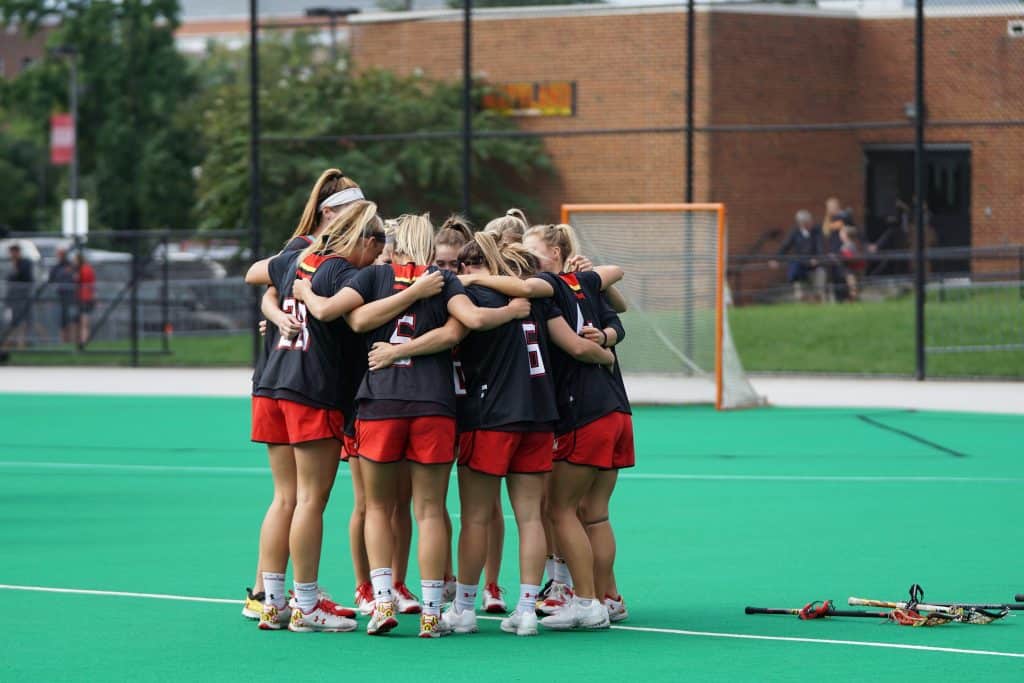Useful Resources
Start to develop even greater awareness of others’ DISC styles or dive deeper into your own DISC Profile by accessing these useful resources. These materials will help you explore various applications of DISC and learn from other industry best practices.
About Athlete Assessments
Athlete Assessments are experts in the people side, while we traditionally work in sport, our DISC assessments and reach extends far beyond this. Our team works across many industries outside of sport, including business, corporate, and mining, working with teams and organizations of all sizes to enhance professional development, leadership, team, and individual performances.
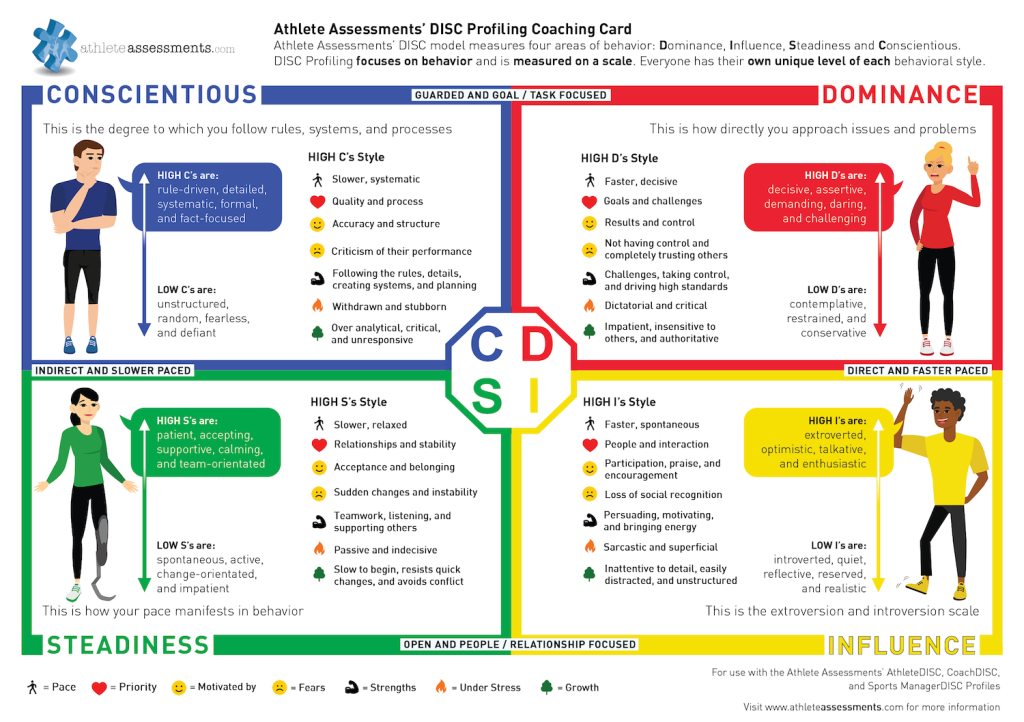
Bonus Resource
DISC Coaching Card
PODCAST
How to Improve Team Communication with DISC
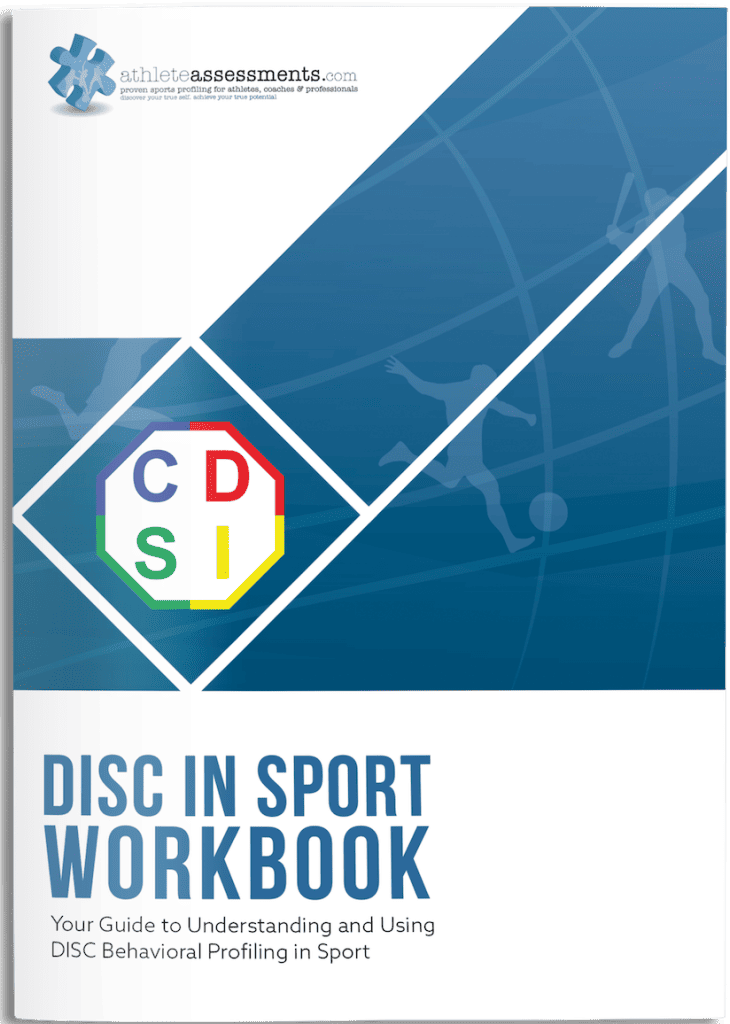
Bonus Resource
DISC in Sport Workbook
PODCAST
How Does DISC Influence Your Decision-Making?
webinar
Access our previous webinars on various sporting topics here
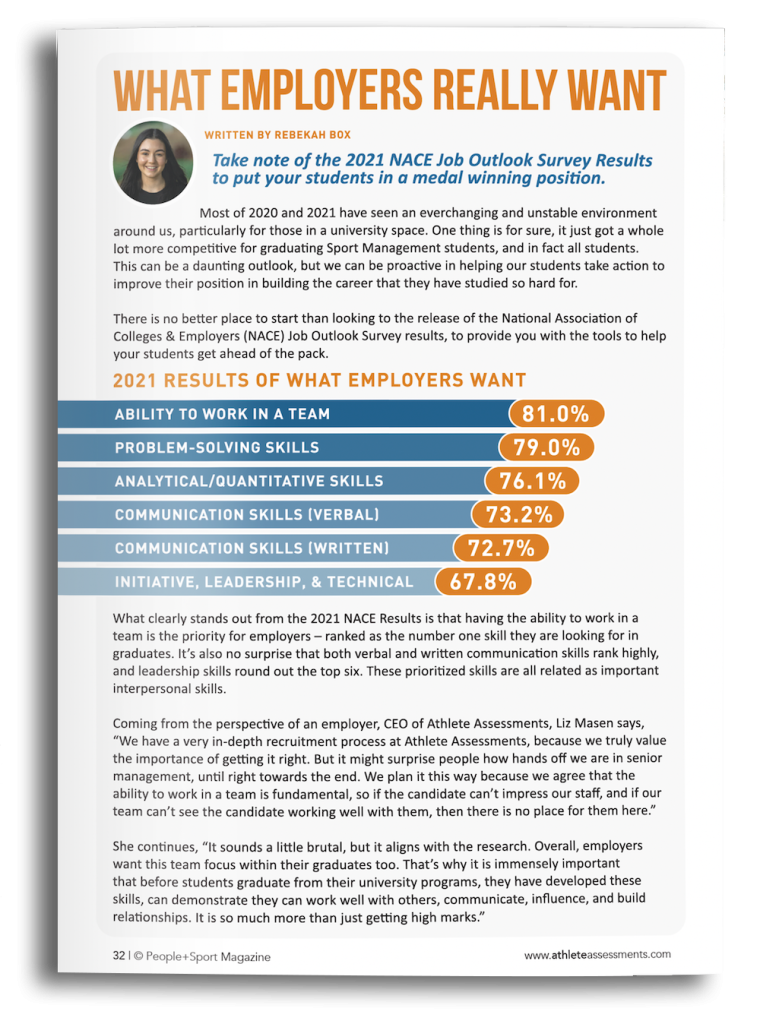
Bonus Resource
Interested in what employers really want?
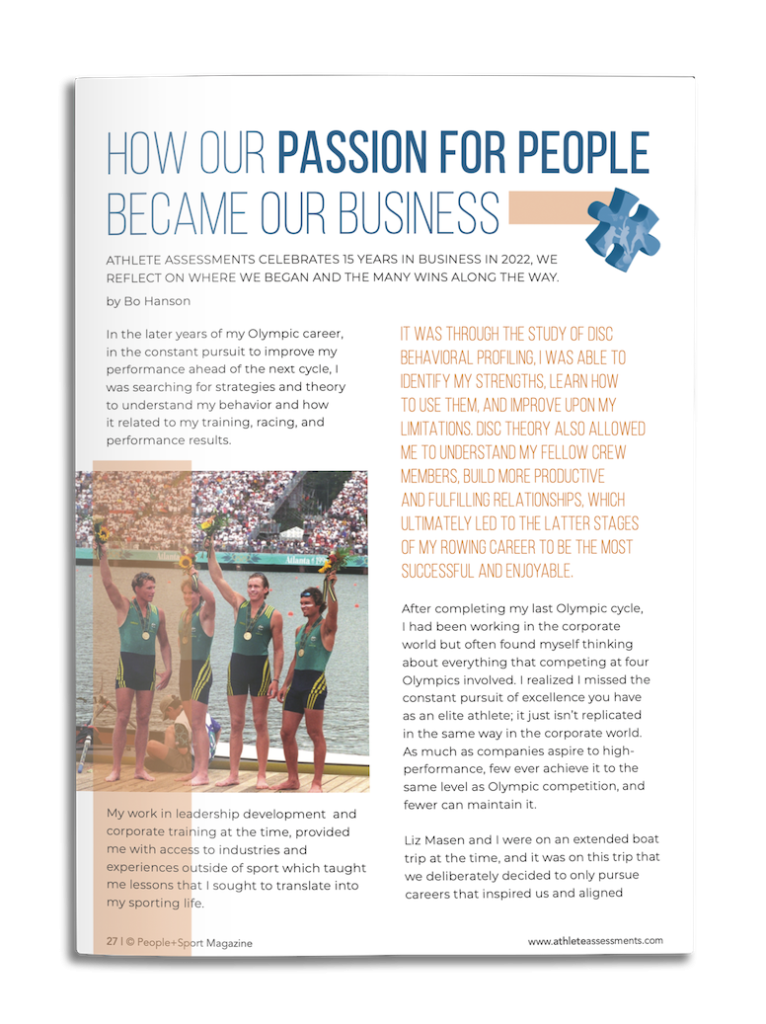
ARTICLE
How our Passion For People Became our Business
